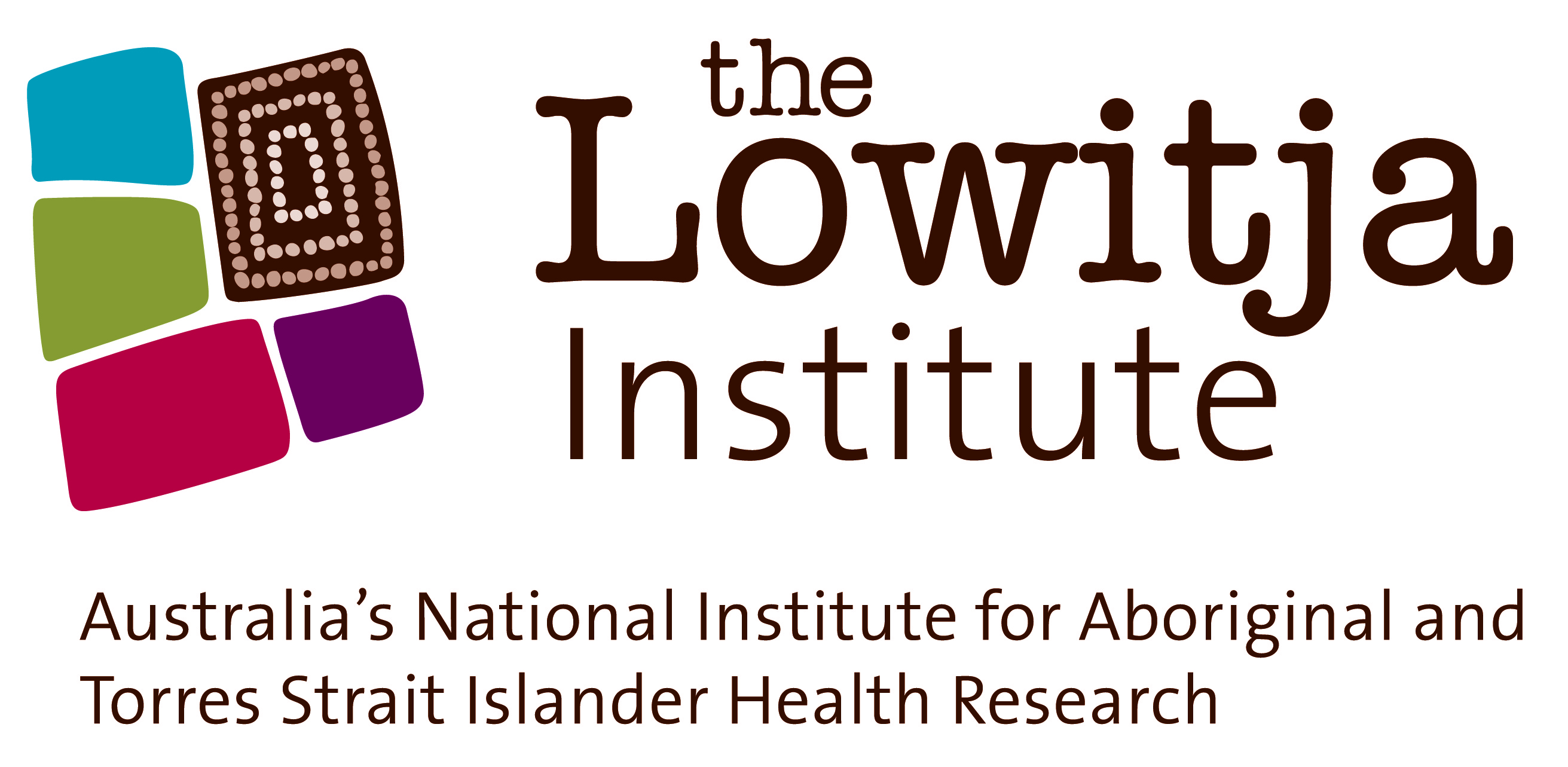Many of the strengths and challenges in growing up Yolŋu children are invisible to those from other cultures.
For example, the major challenge experienced by Yolŋu families - insufficient and insecure housing - has serious consequences for the health and wellbeing of children and their families.
As well, strengths in child development and child rearing are often not recognised by others from outside the community. This is reflected in assessment processes that use a language the child doesn't speak (English) and focus on skills and knowledge that may not be relevant to the child's experience.
The child's language and cognitive skills as well of a range of other skills and knowledge can be missed or misinterpreted. For example, cultural differences can be confused with deficit.
Strengths in the ways that Yolŋu support their children's development can also be invisible to those outside the community. The deep involvement of boys and men in nurturing Yolŋu children is one striking example.
Strengths in the ways that Yolŋu support their children's language development as well as the children's competence in their primary language are also 'invisible' to those who don't speak that language.
Culturally specific skills and knowledge that are critically important in the lives of Yolŋu may also be difficult for those who do not share the same cultural background to recognise and value. For example, children's learning about ceremony demonstrates strengths - auditory and visual processing, complex integration and motor coordination as well as understanding of cultural connections - that are easily missed by standard assessments.



